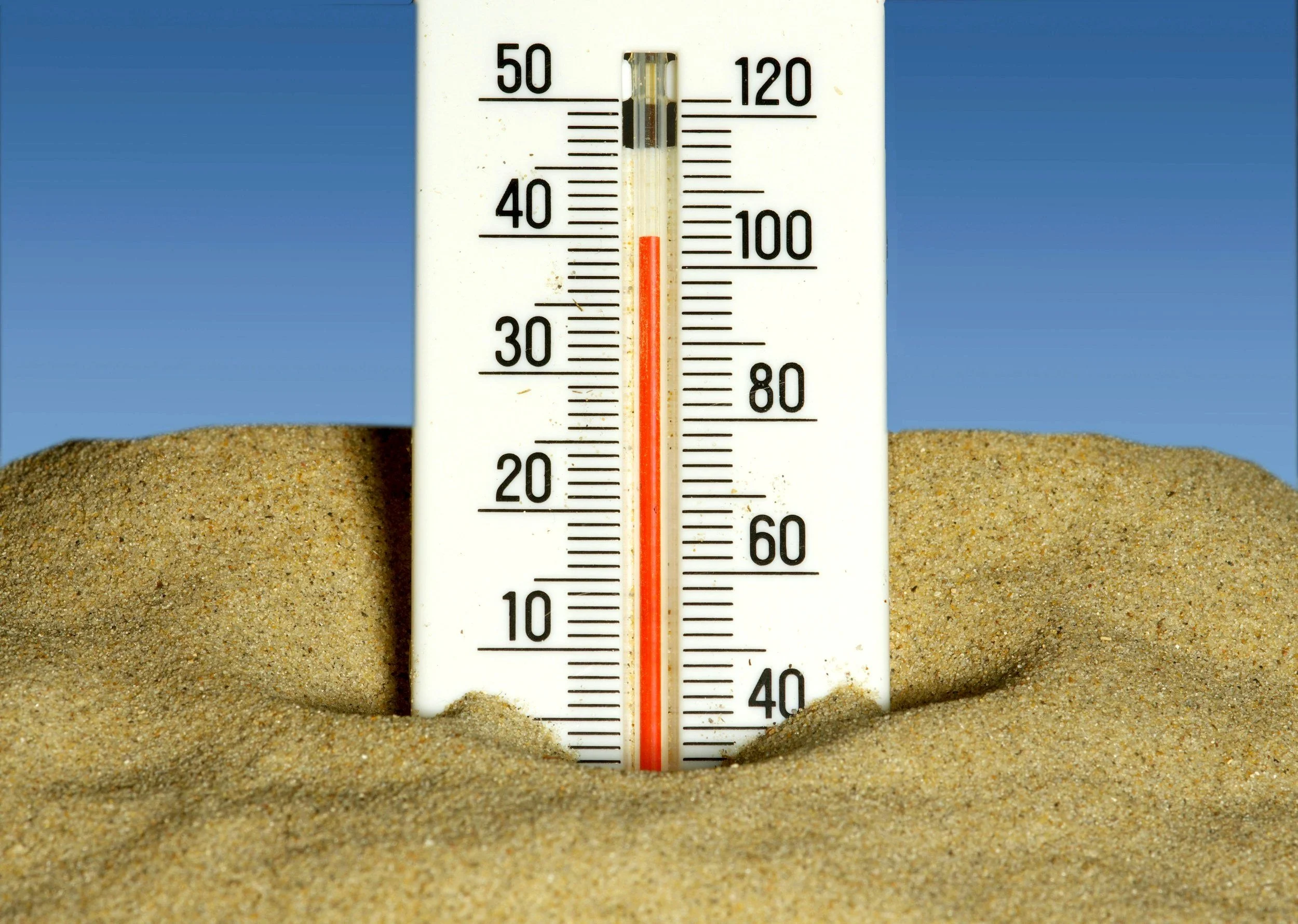BREAKING: Japan Faces Twin Emergencies — Record-Breaking Heatwave and Tsunami Advisory Triggered by Kamchatka Quake
A dual emergency grips Japan as a magnitude 8.8 earthquake near Russia’s Kamchatka Peninsula triggers tsunami advisories across the Pacific coast, while the country also records its highest-ever temperature of 41.2°C in Tanba, Hyogo Prefecture. JapanVeterans.com urges American veterans in Japan to evacuate coastal areas and follow heat safety protocols amid rising hospitalizations for heatstroke.
In an unprecedented convergence of natural threats, Japan is facing simultaneous national emergencies—a powerful offshore earthquake triggering tsunami warnings along the Pacific coast and record-breaking heat threatening the health of thousands.
🛑 TSUNAMI ADVISORY IN EFFECT
On Wednesday evening, a magnitude 8.8 earthquake struck off Russia’s Kamchatka Peninsula. This seismic event triggered an urgent tsunami advisory for much of Japan’s eastern coastline, from Hokkaido down through Wakayama. Evacuation orders were issued in multiple prefectures.
🔗 Full coverage available now at:
https://www.investinveteransweek.com/news/breaking-news-japanveteranscom-issues-emergency-bulletin-following-massive-earthquake-near-russias-kamchatka-peninsula-tsunami-advisory-in-effect-across-japanese-pacific-coast
JapanVeterans.com urges all American veterans currently in Japan—especially those in coastal communities or stationed near U.S. military bases such as Yokosuka, Misawa, or Sasebo—to evacuate to higher ground immediately and monitor official JMA and U.S. Embassy Tokyo updates.
🌡️ HISTORIC HEATWAVE SWEEPS JAPAN
At 2:39 PM JST today, the city of Tanba in Hyogo Prefecture recorded Japan’s highest-ever temperature: 41.2°C (106.2°F), exceeding the previous national record of 41.1°C, last set in 2020 and 2018.
According to NHK, this marks the first time in 2025 that temperatures exceeded 40°C nationwide.
Cities such as Fukuchiyama (40.6°C) and Nishiwaki (40.0°C) also reported dangerous highs. The Fire Management Agency confirmed that 10,804 people were hospitalized for heat-related illnesses in the past week—doubling the prior week's number. Tokyo (1,099 cases), Saitama (750), and Hokkaido (690) led in emergency admissions.
In Hokkaido—a region historically unaccustomed to extreme heat—the surge from 247 cases last year to 690 this week is considered a critical spike.
📢 OFFICIAL RECOMMENDATIONS FOR VETERANS IN JAPAN
JapanVeterans.com recommends the following:
For Tsunami Risk:
Evacuate immediately from tsunami advisory zones.
Follow Japan Meteorological Agency alerts: www.jma.go.jp
Monitor the U.S. Embassy Tokyo: jp.usembassy.gov
Keep go-bags ready with essentials: ID, water, medication, and communication tools.
For Heat Risk:
Use air conditioners and fans even at night.
Hydrate regularly with water or sports drinks.
Avoid outdoor activity during peak sunlight hours (11:00 AM – 4:00 PM).
Watch for signs of heatstroke: dizziness, rapid pulse, nausea, or confusion.
🧭 HISTORICAL CONTEXT
Japan has faced natural disasters before, but rarely has it contended with a deadly heat dome and a tsunami threat at once. American veterans, many of whom played vital roles in post-3/11 recovery efforts through Operation Tomodachi, are once again being called upon to remain vigilant and help inform their communities.
📌 FINAL WORD
From seismic threats to climate-induced heat extremes, Japan’s infrastructure is being tested. American veterans residing in Japan represent a community of resilience and preparedness. Stay informed. Stay safe. Stay connected.
📰 Bookmark the official emergency dashboard:
www.JapanVeterans.com
This bulletin was compiled using only verified reports from the Japan Meteorological Agency, NHK, The Japan Times, AFP, and the U.S. Embassy Tokyo. No generative text or unverifiable sources were used.
🫡 Meet the Team

















